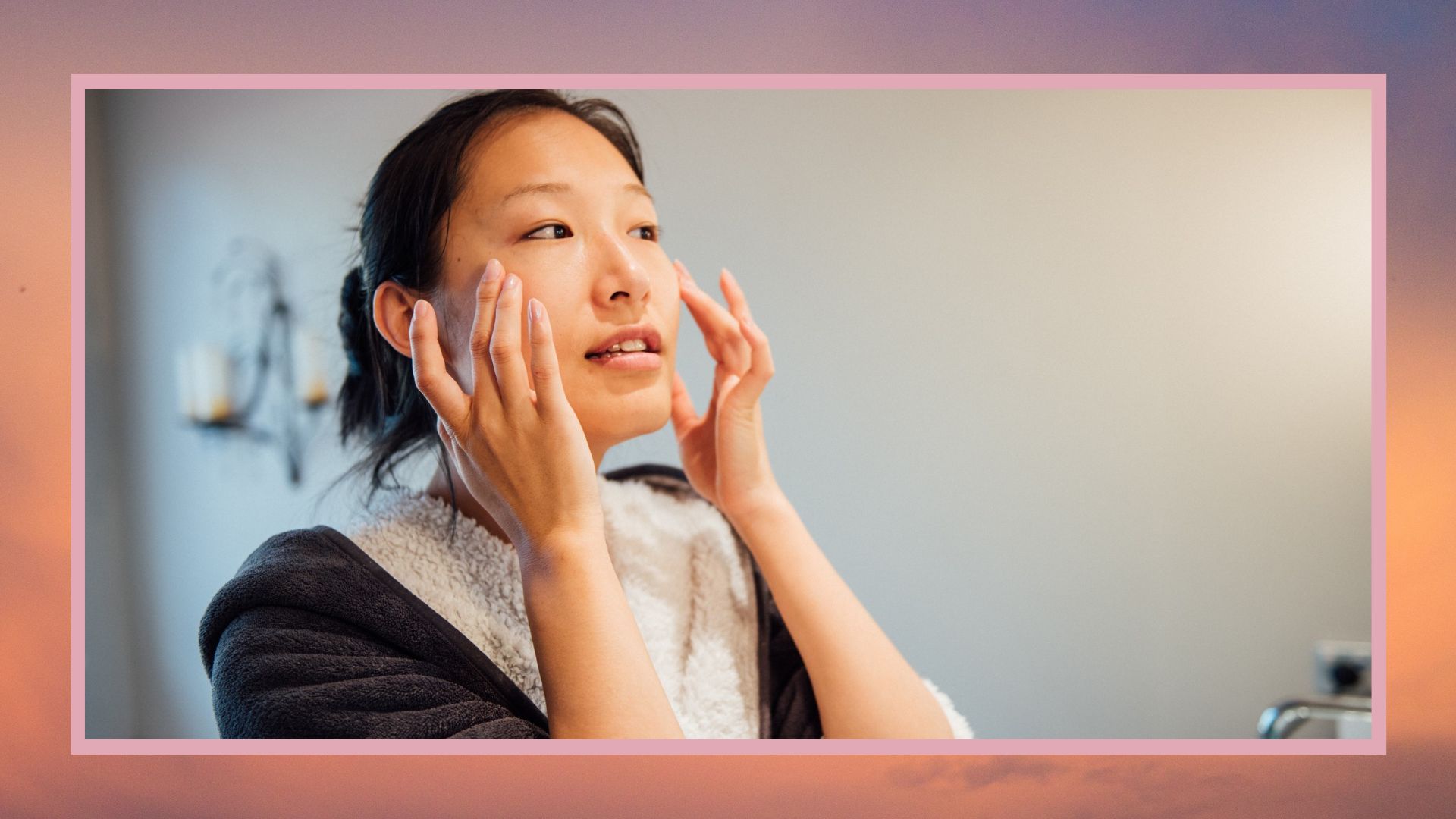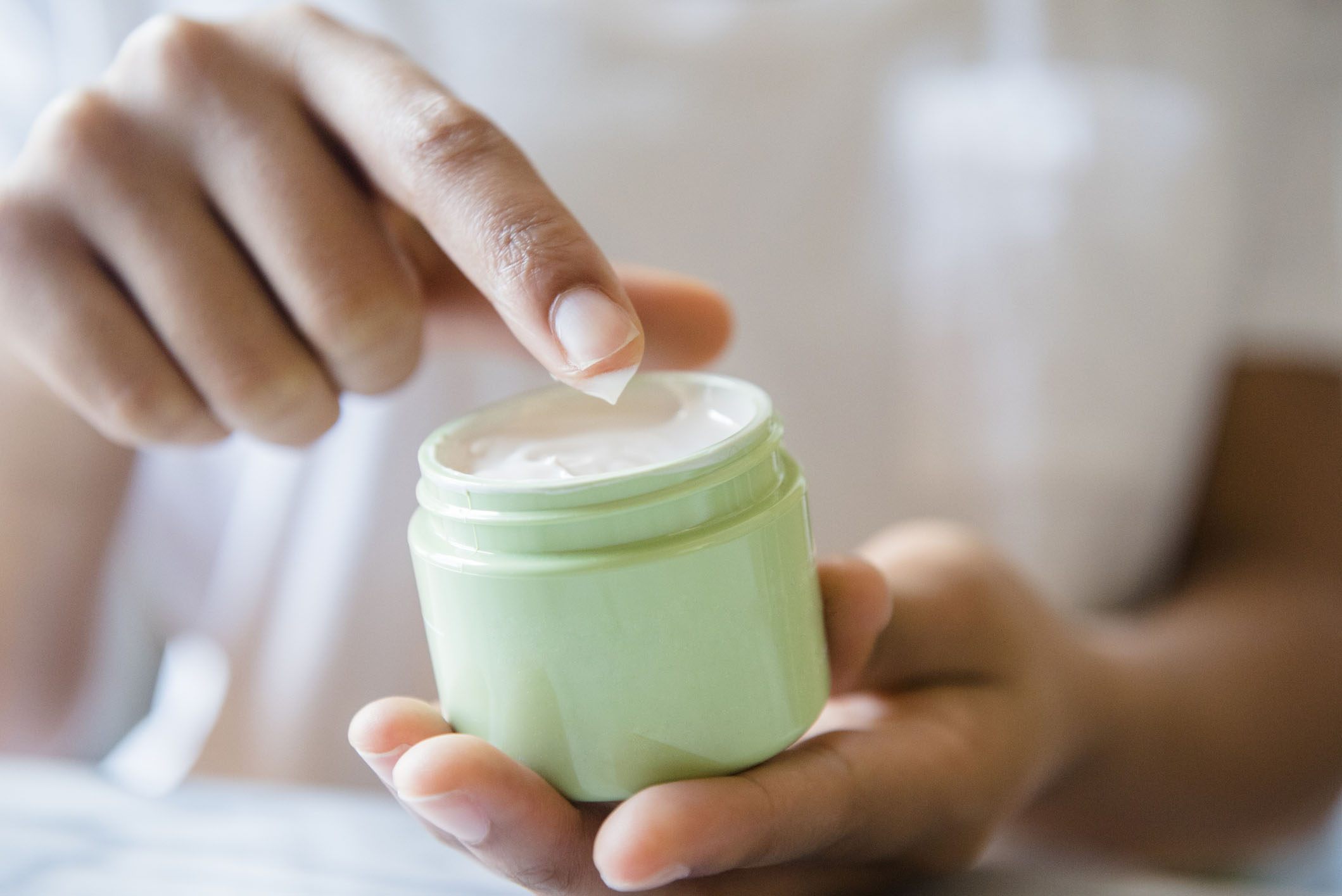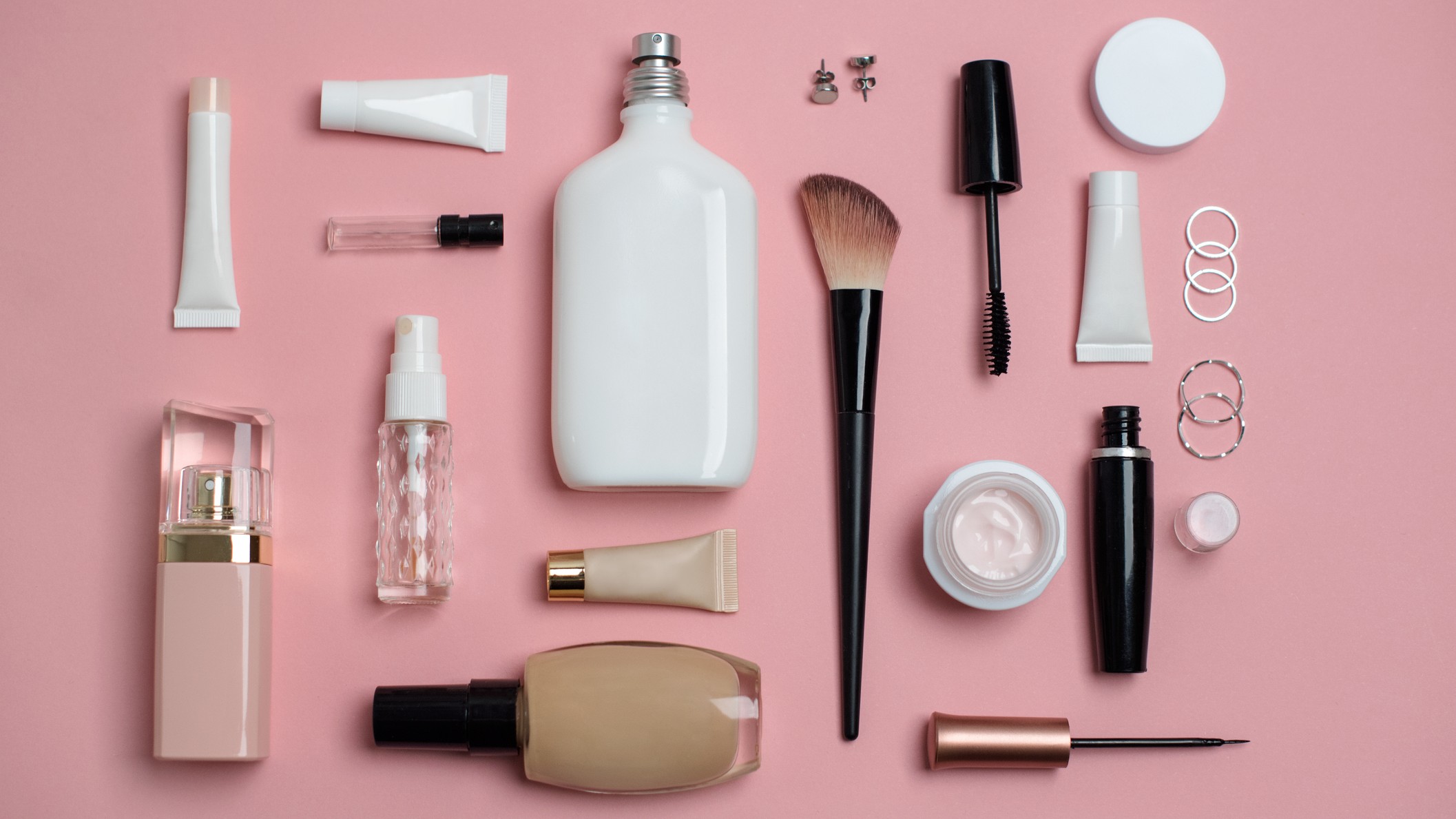What does non-comedogenic mean? We break down the basics
You may have spotted it on your beauty products and have wondered, what does non-comedogenic mean? We asked the experts to explain exactly why you might want to know about this term


What does non-comedogenic mean? You may well have read the term on your beauty products, but likely haven't a clue what it means—after all, it's not the simplest of words to get your head around.
Unless you are a beauty and skincare whizz who takes pains to keep themselves updated on the latest buzzwords, the meaning of non-comedogenic may have passed you buy, and understandably. It's plastered all over many of the best non-comedogenic foundations and skincare products, alongside many other confusing-sounding words and ingredients.
So while you might not know what it means, the term 'non-comedogenic' should be on your beauty radar. We spoke to the experts to explain the exact meaning, and why you should incorporate it into your routine.
What does non-comedogenic mean?
Put simply, when it comes to keeping acne, breakouts, oily skin and large pores under control, a well thought-out non-comedogenic formula will contain ingredients that won’t contribute to blocked pores—preventing spots and excess oil building up on the face.
“Non-comedogenic basically means the products will not block your pores,” says Dr. Parisha Acharya (or Dr Paris), Aesthetic Doctor at London Marylebone’s Waterhouse Young clinic. “A comedo is the medical term for a blocked hair follicle or pore, blockages can result in whiteheads, blackheads and papules.
“Open comedones are a scientific term for black-heads,” explains aesthetic doctor Dr. Maryam Zamani of the blemishes, which form when the oil and bacteria in the blockage becomes oxidized by the air, causing it to change in color. “Closed comedones are white,” adds Dr Maryam, explaining that a whitehead is what happens when a blocked hair follicle is covered by the skin.

So when it comes to our skincare and make-up, what exactly does it mean?
“Non-comedogenic products make sure that there is nothing that could overly clog the pores,” says Dr. Maryam. “Overall, it helps to prevent pore blockages, comedones, blackhead, congested and bumpy skin.
“All skin types can benefit from non-comedogenic products as they allow your skin to breathe,” adds Dr. Paris, “but specifically those with oilier skin types and a propensity for acne will gain most from the formulations.”
How can you tell if your make-up is non-comedogenic?
With some products it can be relatively easy to figure out whether it is comedogenic or not, as anything that is free from comedogenic ingredients will usually be labelled “non-comedogenic”.
That being said, we'd advise keep an eye out when purchasing from any sellers other than the brand directly, as in some instances there are those that will label the product non-comedogenic when it is simply oil-free—and there’s a difference between oil-free and non-comedogenic foundations and skincare.
“Oil-free does not necessarily mean non-comedogenic,” advises Dr. Paris. “So even if a foundation claims it is oil free it may still contain ingredients that can potentially block your pores.

“All packaging should state if a product is non-comedogenic,” she explains. “By stating this it means that the product has undergone trials under supervision of a dermatologist to confirm that the product is what it says it is.
“However, that being said, the beauty industry does not necessarily use regulated tests and so I would also look at the ingredients to ensure the chances of blocked pores are kept to a minimum.
"Ideally you should be using products containing salicylic acid and retinol if you are susceptible to breakouts.”
Common skincare ingredients that could potentially clog the pores include:
- sulphates
- silicones
- coconut oil
So, when shopping for your next skincare or beauty purchase, be sure to keep a lookout for these ingredients specifically, if you're unsure whether the item is non-comedogenic or not.
Should you use both non-comedogenic skincare and foundation?
Now you know the answer to the question, what does non-comedogenic mean, it's natural that you might be wondering whether you now need to replace the entire contents of your make-up bag in order to avoid acne.
And the answer is that it really depends on each person and their needs. “This fully depends on the individual and their sensitivity,” says Dr. Maryam. “In general, those that suffer from acne tend to use more foundation to cover the spots and therefore should specifically choose both skincare and foundation that is non comedogenic. Generally, individuals with dryer skin types do not need to worry about this.”
“And I always recommend using lightweight formulations for both skincare and foundation to avoid congesting your skin” adds Dr. Paris. For example, the best foundations for acne-prone skin can work well.

So what should you be looking for if you don't want to hunt down specifically non-comedogenic items, but want to ensure your skincare products aren't causing your skin any harm?
“Your ideal foundation should be lightweight, water, gel or aloe-vera based," she advised. "Bonus points if it contains salicylic acid for acne prone individuals. Look for terms like hypoallergenic or non-comedogenic but remember these terms are not necessarily regulated so still be vigilant of the ingredient list.”

Aleesha was Deputy Editor and Beauty & Fashion Editor for My Imperfect Life, where she headed up the beauty, fashion and eCommerce pages. Previously she was Shopping Writer at woman&home and gained an AOP awards nomination after working on their news team. She earned an MA in Magazine Journalism from City, University of London in 2017 and has since worked with a number of brands including, Women's Health, Stylist and Goodto. When she’s not testing all the new beauty & lifestyle products on the market, Aleesha spends her time soaking up the newest bestsellers and Netflix releases, watching everything Marvel, learning about different wines, attempting new languages and traveling as much as she can.